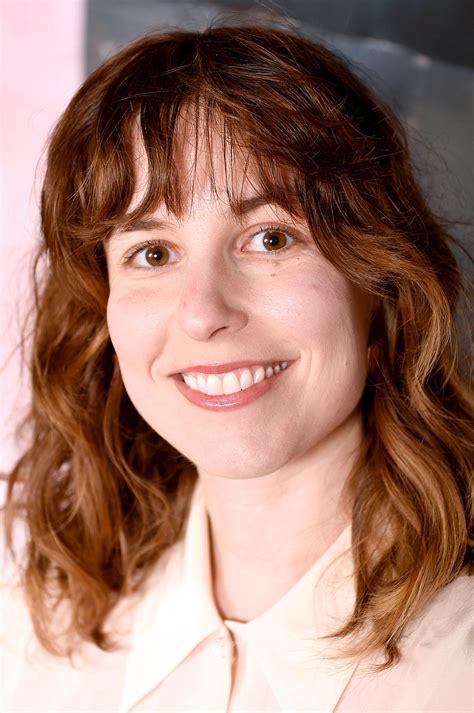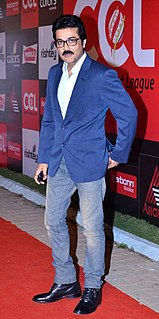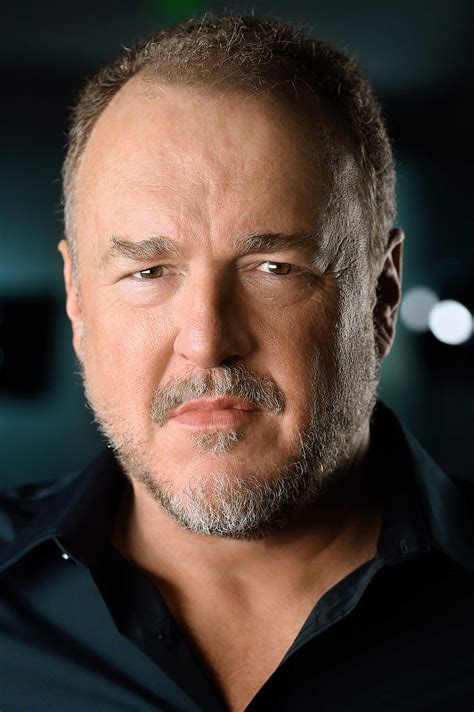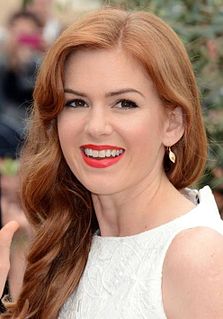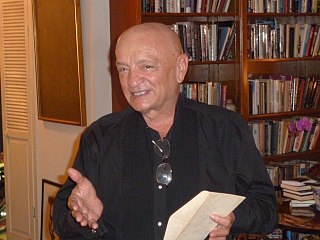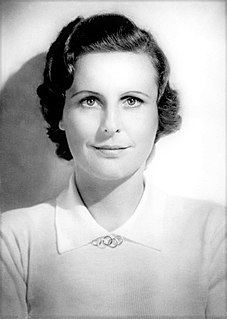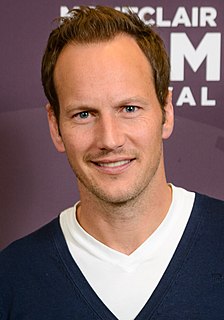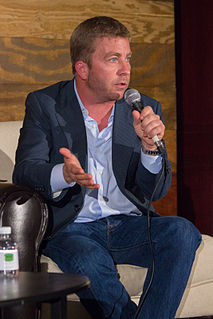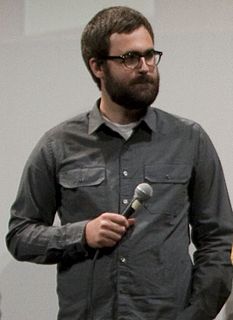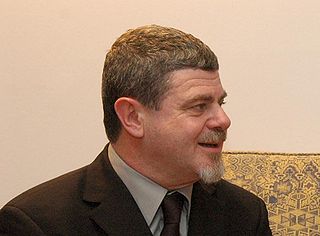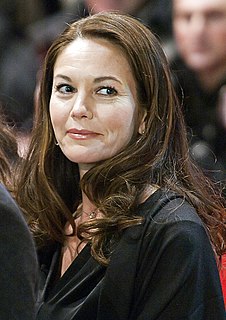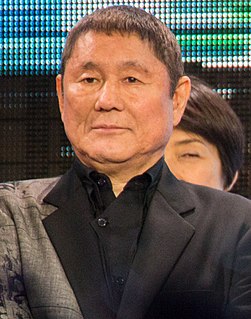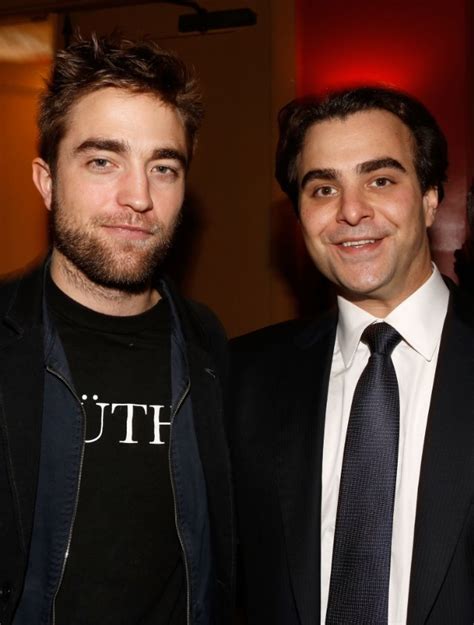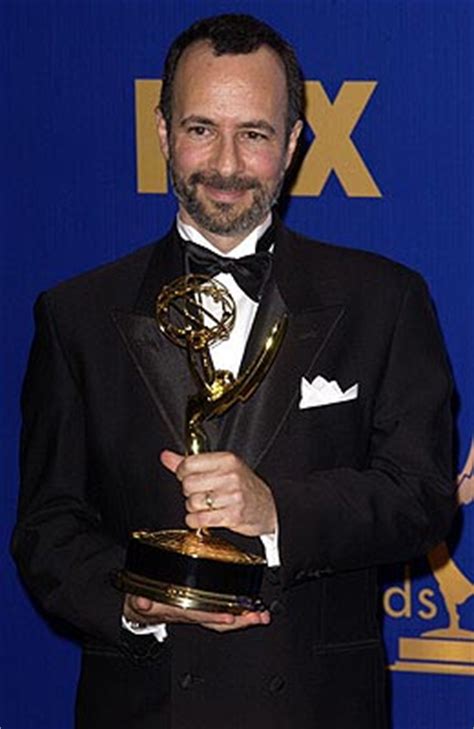Top 1200 Editing Room Quotes & Sayings
Explore popular Editing Room quotes.
Last updated on December 21, 2024.
Performance is made in the editing room, and I've come to see the truth in that - the idea that they say performances are usually made in the editing room because what you film is the raw material. I think just going through the process of saying, "Which take do we use? Why is that the take we want? I want that take can you edit again, I'm not sure that's the one, I think it's this one." And just because you go through that process, I think somehow it's made me sort of more open about the [actor's] possibilities.
As a young filmmaker, I shot a lot of stuff because I wanted to make sure that I got everything, but now I've gotten much more precise with my shooting. Editing is a whole other layer because then, sometimes you realize characters don't even need to say this or that. It becomes an issue of exposition, and over-explaining something. In the script, I'd reinforce certain things about what I wanted people to know two or three times, but in the editing room, I'd be like, "I only need to say this once, maybe twice."
With the camera, it's all or nothing. You either get what you're after at once, or what you do has to be worthless. I don't think the essence of photography has the hand in it so much. The essence is done very quietly with a flash of the mind, and with a machine. I think too that photography is editing, editing after the taking. After knowing what to take, you have to do the editing.
All three parts of filmmaking [writing, shooting, editing] contribute to rhytm. You want the script to be a tight as possible, you want the acting to be as efficient as possible on the set, and you have enough coverage to manipulate the rhythm in the editing room, and then in the editing room you want to find the quickest possible version, even if it's a leisurely paced film. I definitely in filmmaking more and more find writing and directing a means to harvest material for editing. It's all about editing.
You must stop editing--or you'll never finish anything. Begin with a time-management decision that indicates when the editing is to be finished: the deadline from which you construct your revisionary agenda. Ask yourself, 'How much editing time is this project worth?' Then allow yourself that time. If it's a 1,000-word newspaper article, it's worth editing for an hour or two. Allow yourself no more. Do all the editing you want, but decide that the article will go out at the end of the allotted time, in the form it then possesses.
Paris is a beautiful city to walk around in. And, you know, all the obvious things: I like the museums, I like the theater, I like the dance. And it's manageable. The food's good. I know a lot of interesting people here. I lived in Boston for 50 years or more. Wherever I am, I'm usually holed up most of the time in the editing room, and so, when I leave the editing room, even if I just take a walk, it's gorgeous. And I walk everywhere. I'm a victim of the seduction of Paris.
Comparing filmmaking to a plastic model, shooting is the process where you mold and color each piece, and editing is where you build a finished whole from the pieces you molded and colored. Obviously, the latter is the most enjoyable part in the making of plastic models, so editing is the process in filmmaking I enjoy the most. But at the same time, editing can be a painstaking task, too.












